
Want to sell more event tickets? You do, of course. Many of us cannot count on every event selling out. We will get it. Staying informed of best practices and new strategies can be hard and we understand this. There is a lot involved in it as you need to address:
• How long should a registration form be?
• What kinds of questions are you supposed to ask, and at what stage?
• What tools offer the widest range of options?
• Absorb transaction costs or add them to the event ticket price?
• Where are you supposed to make tickets available, and how do you attract the widest or most eligible crowd?
To assist you to sort out some of these issues and sell more tickets, we have researched and scouted some of the most popular events (and taken heed of what doesn't work) to offer you a list of the best ways to sell your event tickets.
A. Selling Event Tickets Online

Online sales are likely to be the majority of your revenue, so you want to make sure you pay attention to what follows.
Best Places to Sell Event Tickets

There are many ways to sell event tickets via event landing pages. The advantage of using a landing page is that a landing page provides a much more streamlined experience in an environment that is only branded for your event.
All they need to learn about the event is right there, combined with a simple call for action (CTA) and route for event ticket purchases. You can actually run the risk of the user getting lost or confused by other details when those interested are referred back to the general website of the business. Whether you are designing it by your web designer or using a DIY framework, here are some important stuff to remember;
•Keep it to the point, and keep it simple.
•Have the advantages and value props of the event at the top so guests get the idea easily, without scrolling and without having to read much text.
•Use a straightforward call to action asking the user at the landing page exactly what you want them to do next
•If you include a form directly on the website, use a simple form with important contact information in the top of the required fields so that if the registrant bails before completing the procedure, at least enough information is collected to follow up.
2. Widget Web Page

Many event ticket selling software or registration applications (and even some WordPress plug-ins) has the capability of widgeting. A button sits right on your website, and it looks like it's part of your design, but the event ticket selling software actually powers it. Usually it can be personalized and branded to fit the website.
Implementation may rely on the platform but typically requires some variation of the following:
3. Social Networks

You are doing a great disservice if you don't share information online about your event ticket purchase in a way that potential prospective attendees can share within their network as well.
4. Chat Box
Most online consumers want a live person's support while buying an event ticket online; in fact, research has shown that 44% of online consumers say that having questions answered is thier top priority.
B.Ways to boost sales of your online events
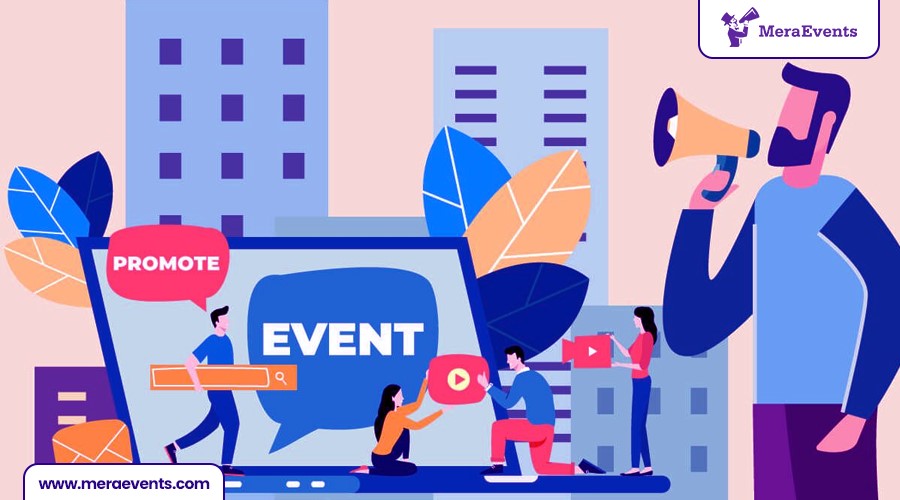
1.Ticket Tickers
One clever trick you can do to sell event tickets online is to add a ticker countdown to your landing page or website icon, or a ticker of recently registered people. You can convey a sense of urgency, depending on the situation, by suggesting that the event is going to be sold out or a sense of FOMO by showing how many people have registered up to now.
2. Payable Ads
Paid advertising is an efficient way to capture publicity and generate interest in online newspapers, magazines and business blogs. Pay-per-view advertising lets you control expenses by setting a daily maximum budget. It includes monitoring the ad's views or reactions, and charging based on how many people actually saw it.
3. Pay Per Click Advertising

Pay-per-click (PPC) advertising works similarly to pay-per-view ads, except that you pay for people who actually click on the ad instead of just people watching it (or scrolling past it in a feed). It can be more profitable in this way, but how much it will cost depends on how much competition the market segment has in it.
4. Remarketing
If you have ever had a potential attendee come to your ticket shop or website and leave without buying an event ticket, remarketing might be the time to do so.
The best ways to sell event tickets include easy techniques to expand the reach of your audience (mainly by isolating the best place to sell online event tickets), use tested event ticket selling methods and making sure the basic components of a good ticket selling campaign are used.

Event Industry

Event Industry
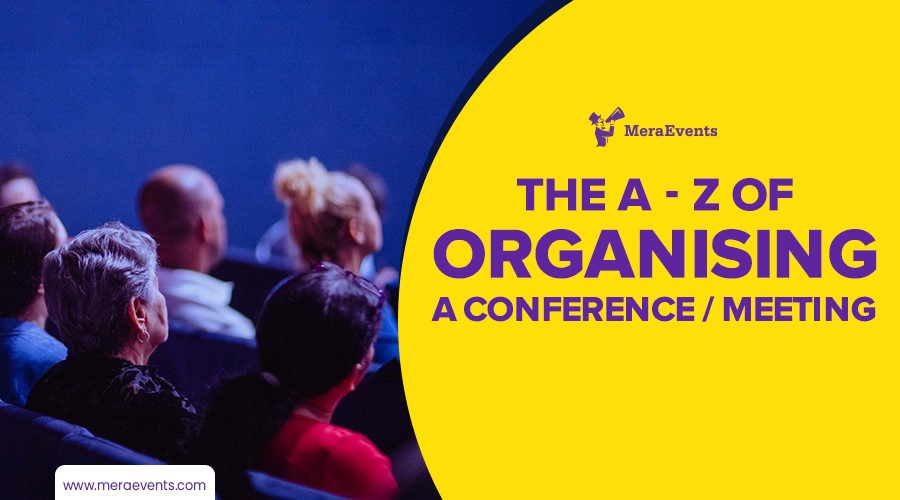
Event Industry

Event Industry

Event Industry

Event Industry
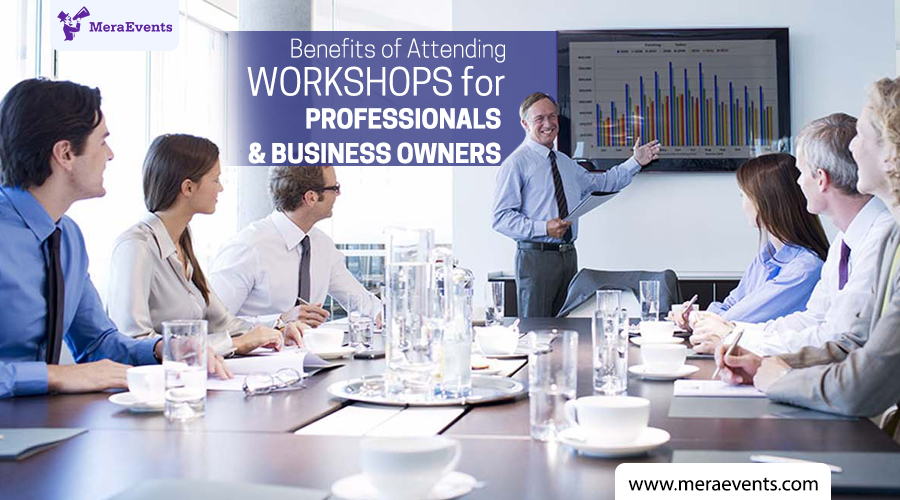
Training

Training

Event Industry

Event Industry

Event Industry

Event Industry

Event Industry
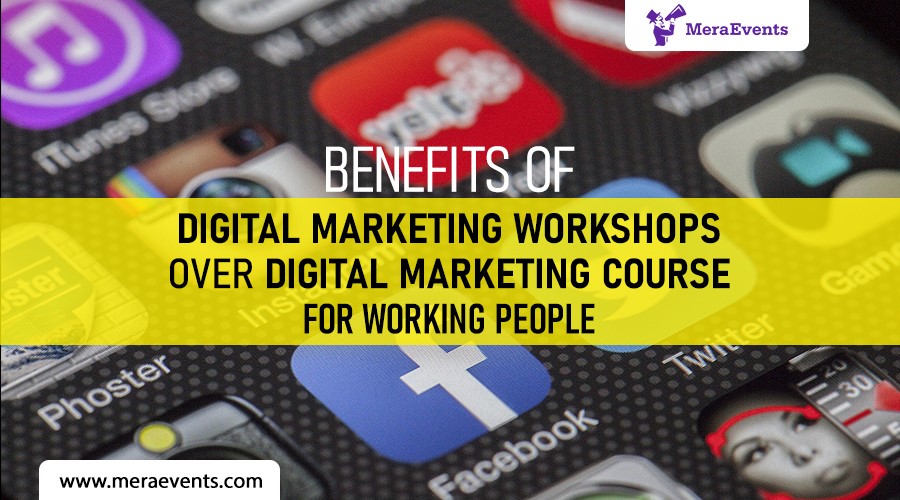
Training
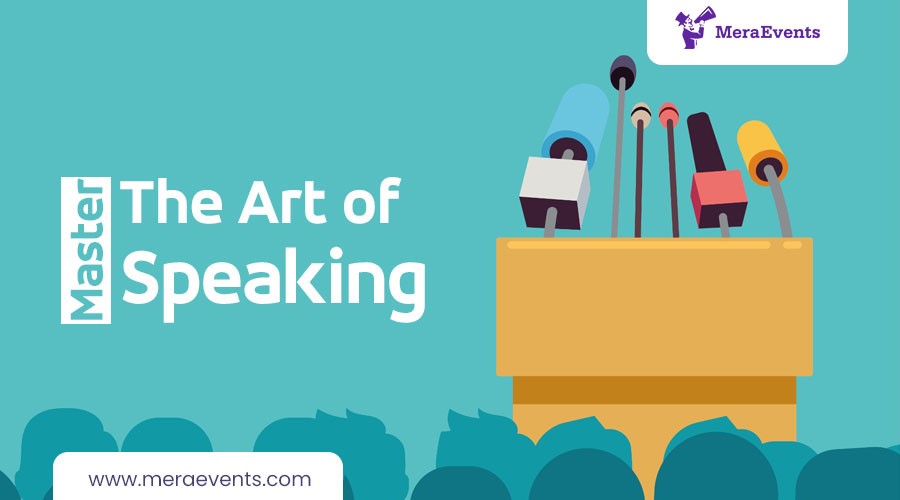
Professional

Professional
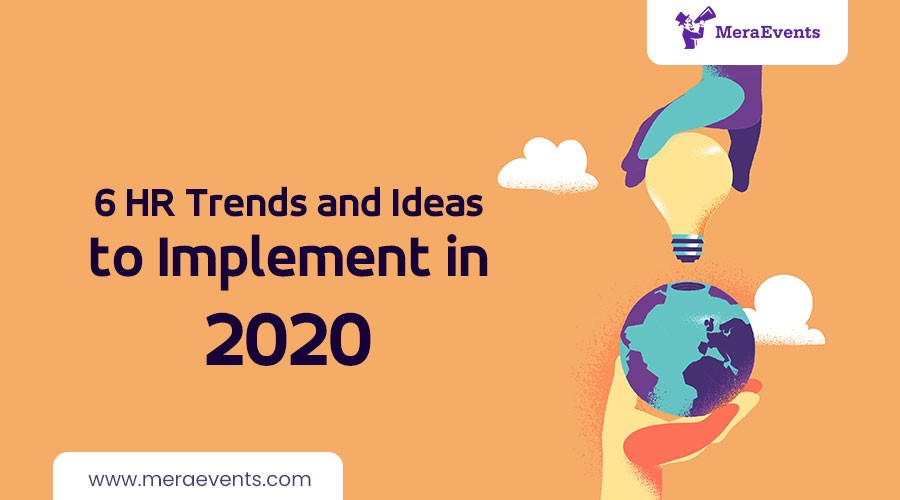
Professional

Event Industry

Event Industry

Conferences

Professional

Professional

Professional

Professional

Professional
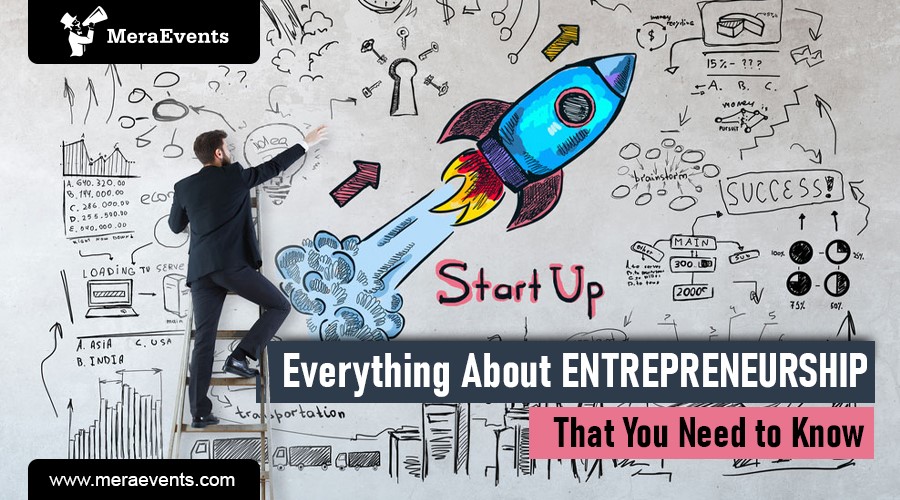
Professional

Training

Entertainment

Training

Spiritual and Wellne

Entertainment

Spiritual and Wellne

Training
Comments